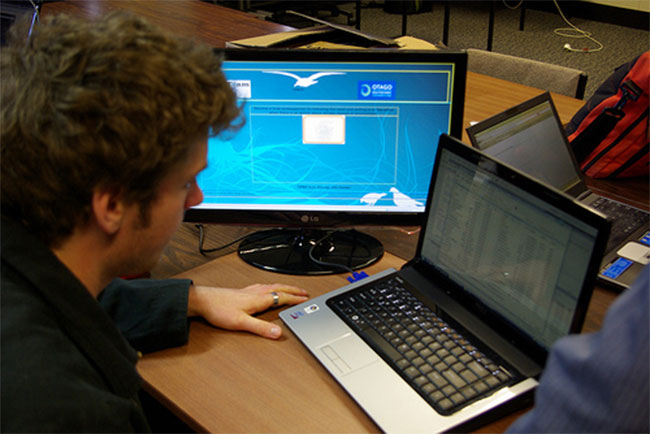The Information Age, the Age of Technology, whatever you choose to call it, we’re in it and it’s here to stay.
Internet of Things
The digital revolution has transformed every aspect of our lives: how we communicate, shop and work has been irrevocably altered. Unless we suddenly run out of electricity, the advancement of computers impacting upon our lives is only set to continue. The ‘internet of things’ is upon us, with smartphones, tablets and other devices monitoring, controlling and measuring.

As a consequence, education needs to adapt and respond to this massive social and technological upheaval. We need to train the next generation in digital technologies and ensure they are highly skilled and equipped to compete in a global economy.
Pop Star Influence
To some extent this is already happening; for instance the Black Eyed Peas frontman and philanthropist will.i.am recently donated over half a million dollars from his i.am.angel Foundation to help disadvantaged youngsters in the UK. The donation, to Prince Charles’ The Prince’s Trust, is specifically to fund education, training and enterprise schemes with a focus on technology and computer skills development. will.i.am recognises the importance of enabling young people to develop vital technology and computer skills for today and tomorrow’s job market.
Payback Time
Elsewhere, the Federal Reserve Bank of New York recently evaluated the ‘payback’ of a U.S college degree. Despite a U.S college education costing around $200,000, the New York Fed discovered that those who majored in Engineering got the best return at 21%, followed by those who majored in Math and Computers at 18%. Evidence then, that being highly educated in the field and having a computer engineering degree is both beneficial to the graduate and in high demand within the economy.
Computers in the Classroom
However, in order for young people to embark upon computer engineering degrees, their interest must be fired and their skills developed from an early age. Perhaps education institutions should take note then from will.i.am, by stressing the importance of and incorporating computing technology into lessons as much and as early as possible.
Many education institutions already use laptops in the classroom, but another approach could be to take advantage and actively encourage the use of the seemingly ubiquitous smartphones in lessons, rather than banning them altogether. Classes can even get creative with learning. Got an old phone that you no longer use? Then why not take it into a school and let young people dissect it to see how it works? Another idea is to conduct an English or Drama lesson by text, browse the web for historical or cultural resources or create art with your smart.
Rather than banning certain technologies within schools, embrace the fact that young people do and will use them. Wanting the younger generation to be highly skilled in computer engineering, yet denying them access in a learning environment to the very devices that provide a ‘gateway’ to this career is maybe missing an extremely valuable opportunity.
Image by Samuel Mann
Fast Technology, High Demand,




